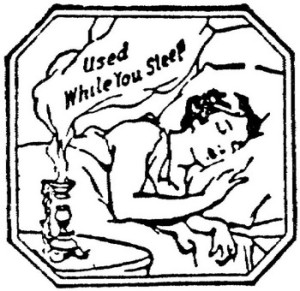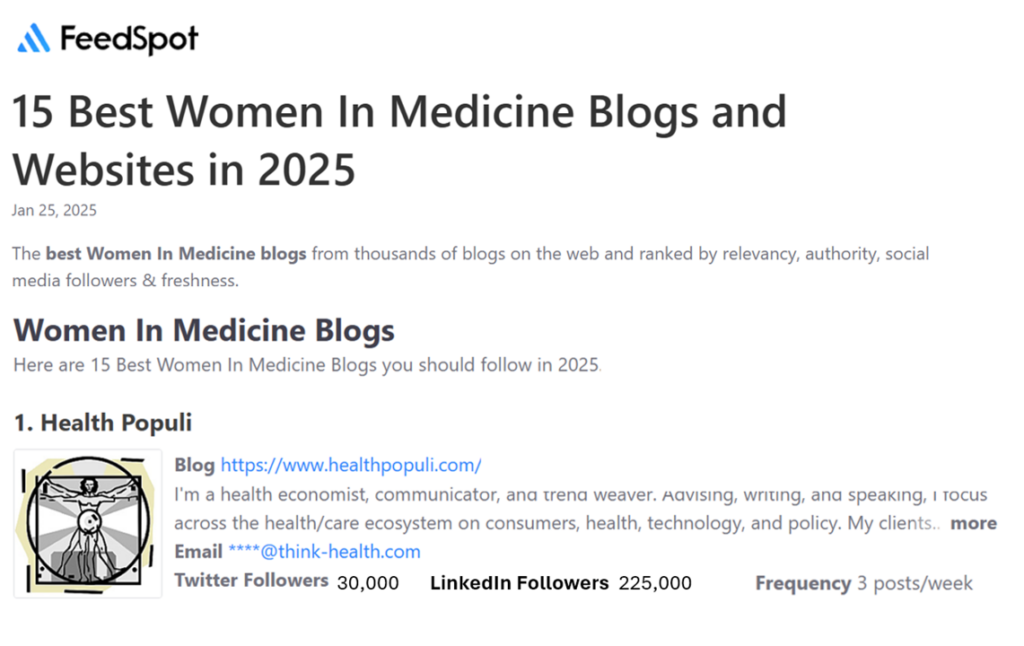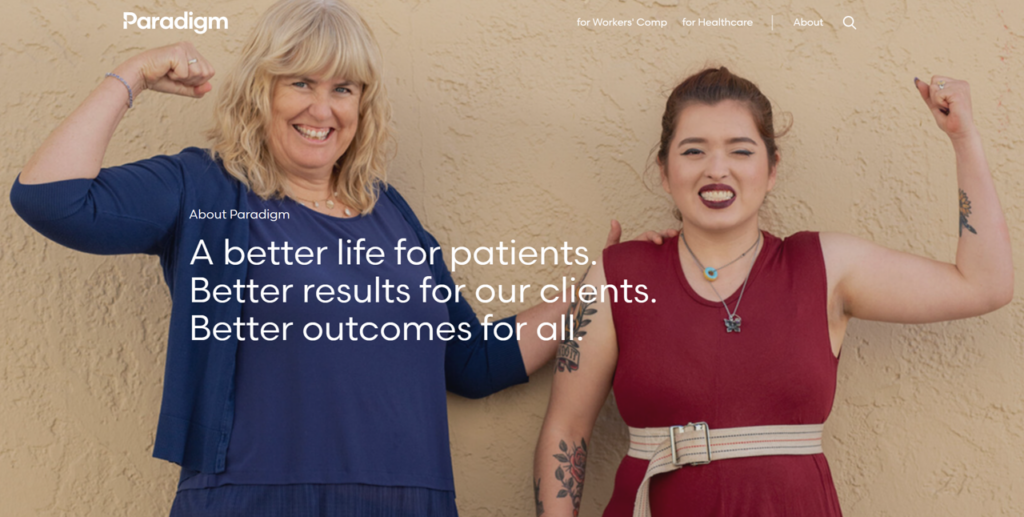 In the battle of wearable devices for digital health at this year’s Consumer Electronics Show, it’s sleep that’s the #1 new extension on activity tracking. Sleep, or lack thereof, is a prevalent challenge for people who increasingly live electronic lifestyles on-the-grid. And, lack of sleep is a major health risk for obesity, heart conditions, and mental acuity. A new Swedish study published in the peer-reviewed journal Sleep has found that sleep protects brain health.
In the battle of wearable devices for digital health at this year’s Consumer Electronics Show, it’s sleep that’s the #1 new extension on activity tracking. Sleep, or lack thereof, is a prevalent challenge for people who increasingly live electronic lifestyles on-the-grid. And, lack of sleep is a major health risk for obesity, heart conditions, and mental acuity. A new Swedish study published in the peer-reviewed journal Sleep has found that sleep protects brain health.
With the demise of the dedicated sleep device Zeo in 2013, popular sleep trackers with market shares have the opportunity to add sleep functions to their tools. Sensors in health care are following Moore’s Law – they’re getting smaller and cheaper, and more of them can fit on one device in each year since the first Fitbit entered the market in 2008. Today, consumers want more functionality out of a single device, as learned in a 2013 Accenture survey on consumer electronics. See Making Sense Out of Sensors in Health from the California HealthCare Foundation for more on the emerging role of sensors in helping people manage chronic conditions.
At #CES2014 in Las Vegas this week, look for sleep functions to be announced in a long list of activity trackers, including but not limited to:
- The Withings Aura, promising “smart sleep” (great name choice, Withings)
- The Basis Band which promises “advanced sleep analytics”
- The iFit active tracking device which talks about a “360 degree fitness experience)
- The Fitbit with sleep tracker
- The Jawbone UP promises “bedtime success” with the 3.0 app.
Health Populi’s Hot Points: Remember that we are in the apex of inflated expectations for wearable health devices, based on the Gartner Hype Cycle – with which I agree. The sobering stat to keep in mind comes from the self-tracking health survey at the Pew Research Project led by Susannah Fox (@susannahfox), who learned that only 7% of U.S. adults use digital means to track aspects of personal health.
Sensors can do all kinds of things, and there is no shortage of them as they get smaller, cheaper, and more slickly designed for consumer health applications. However, just how many people would like to give up their consumption of night time sleep aids, which have hit epidemic high levels of demand and are a high-demand item in over-the-counter pharmacy shelves, remains to be seen. Hope-in-a-pill is a lot easier for some health consumers to DIY than to track sleep patterns over time. To wit: the SiliconIndia news terms some of these wearables as “Kinky Tech.” On the other hand, as Luke Edwards of Pocket-Lint wrote of the Withings Aura, it tracks you, but “not in a creepy way.”
It’s a question of disrupting peoples’ status quo life-flow. Pills, digital tracking, or muddling through? By#CES2015, we’ll have more insights based on consumer’s adoption of these devices this year.




 I am gratified and grateful for my Health Populi blog to be named #1 by Feedspot in the category of
I am gratified and grateful for my Health Populi blog to be named #1 by Feedspot in the category of  Jane will deliver the keynote address at the upcoming
Jane will deliver the keynote address at the upcoming  Thank you, Jared Johnson, for including me on the list of the
Thank you, Jared Johnson, for including me on the list of the